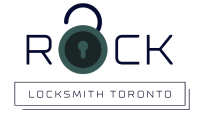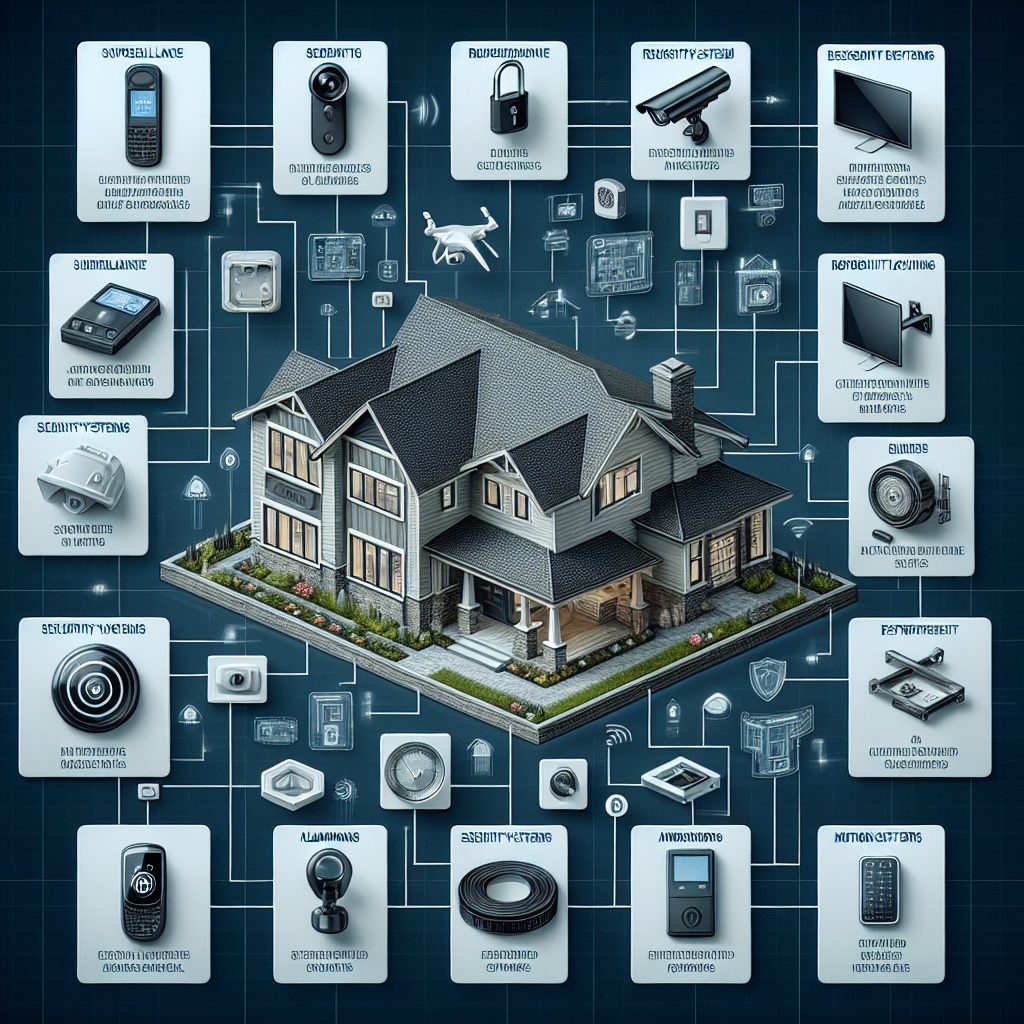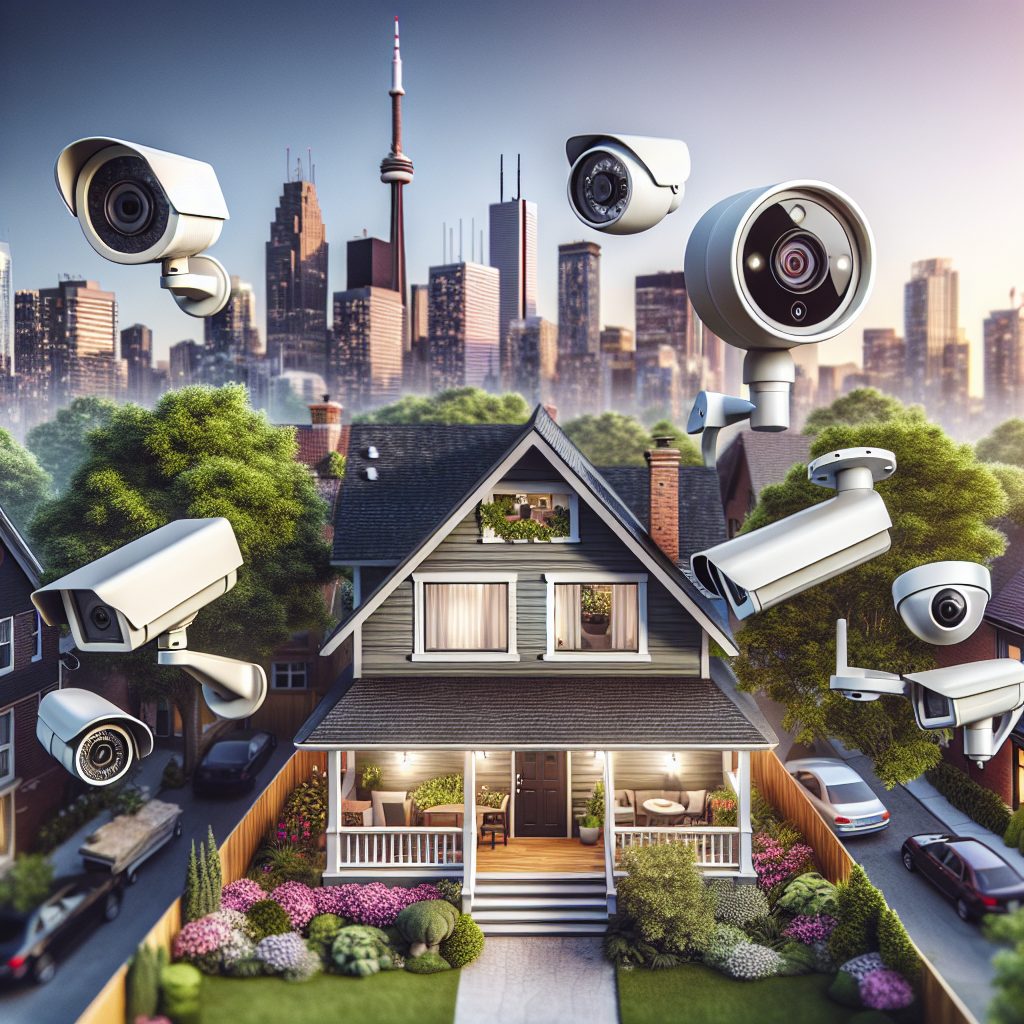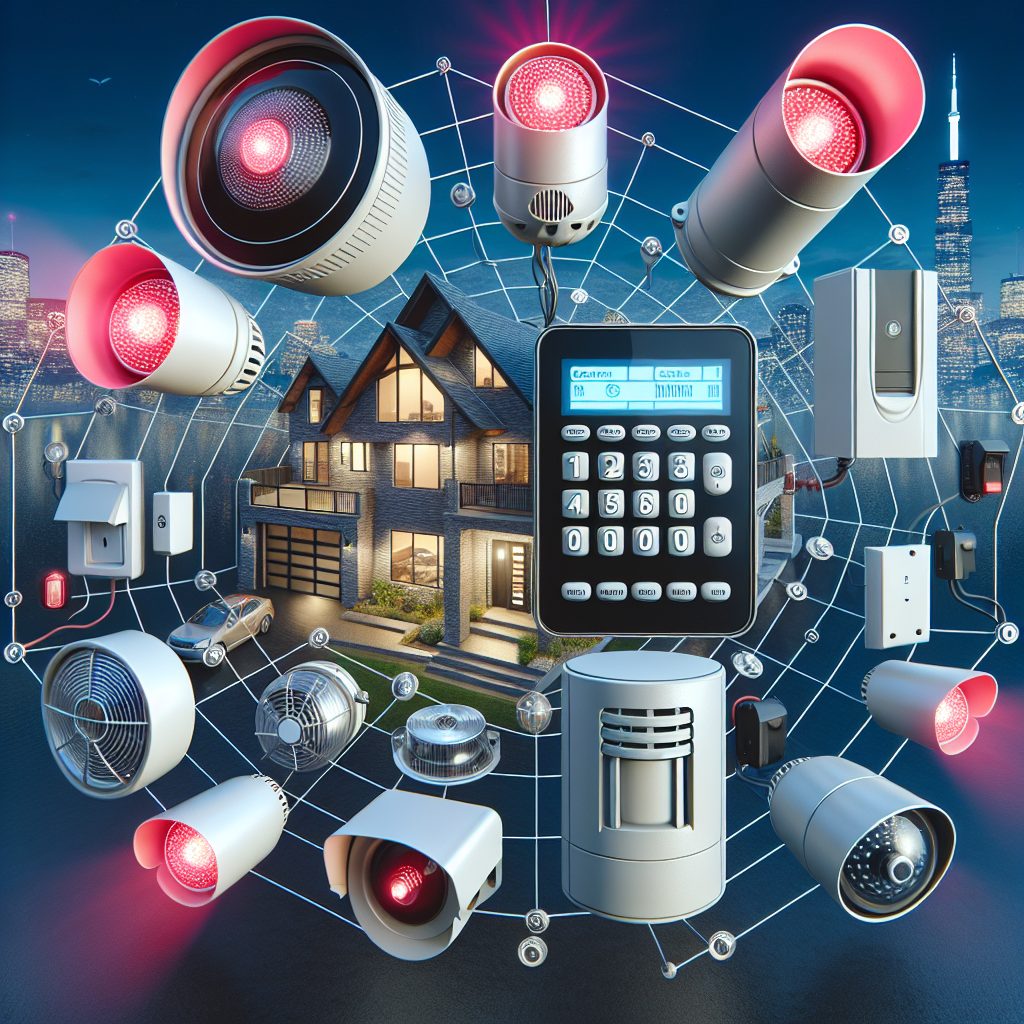A home security assessment is a crucial step for Toronto residents looking to enhance the safety of their residences. In a city that is home to a diverse population and facing unique crime challenges, it is vital to understand the specific impacts and unique features of home security in Toronto. With a rising concern for break-ins and thefts, residents need to be proactive in evaluating and improving the security measures of their homes.
One significant factor to consider is the distinct demographic makeup of Toronto, known for its multiculturalism and large immigrant community. This diversity brings along various cultural practices and specific security concerns. Understanding these cultural nuances is essential to provide effective security solutions tailored to the needs of each household. Furthermore, the high population density in certain areas creates a different set of challenges when it comes to securing homes and deterring potential criminals.
As we delve into the key takeaways of a home security assessment for Toronto residences, we will discuss the importance of evaluating entry points such as doors and windows. We will also explore the significance of robust alarm systems and the role of technology in enhancing home security. Additionally, we will delve into the importance of neighborhood watch programs and community engagement in reducing crime rates. By understanding these essential aspects, Toronto residents can take appropriate measures to safeguard their homes and ensure peace of mind for themselves and their loved ones.
Key Takeaways
1. The article emphasizes the importance of conducting a thorough home security assessment for Toronto residences in order to identify vulnerabilities and improve overall safety measures.
2. It advises homeowners to start by evaluating the exterior of their property, focusing on areas such as doors, windows, locks, lighting, and landscaping.
3. The article recommends investing in high-quality security systems, including burglar alarms, motion sensor lights, surveillance cameras, and smart locks, to deter criminals and provide effective monitoring.
4. It stresses the significance of considering potential entry points for intruders, such as basement windows, sliding doors, and garage doors, and advises implementing additional security measures to reinforce these vulnerable areas.
5. Lastly, the article suggests collaborating with a professional home security company or consulting with local law enforcement agencies to obtain expert advice and guidance on improving residential security in Toronto.
What aspects should be considered in a Home Security Assessment for Toronto Residences?
The Importance of Home Security Assessments
A home security assessment is crucial for ensuring the safety and protection of your Toronto residence. By analyzing potential vulnerabilities and weaknesses in your home’s security measures, you can devise effective strategies to prevent break-ins and safeguard your property and loved ones. This article explores various aspects that should be considered during a comprehensive home security assessment tailored specifically to residences in Toronto.
1. Assessing Perimeter Security
The first step in a home security assessment is evaluating the security of the perimeter of your Toronto residence. This encompasses the analysis of key elements such as fences, gates, and entrances. Consider the strength and condition of these structures, as well as their ability to deter and detect unauthorized access. Additionally, assess the effectiveness of outdoor lighting, surveillance cameras, and alarm systems in maintaining perimeter security.
2. Evaluating Access Points
Another crucial aspect of a home security assessment is evaluating access points, including doors, windows, and garage entrances. Examine the strength and durability of locks, hinges, and frames, ensuring they meet or exceed industry standards. Consider the installation of security reinforcements, such as deadbolts, window bars, and shatter-resistant glass, to further enhance the security of these access points.
3. Securing the Interior
While reinforcing the perimeter and access points is essential, it is equally important to secure the interior of your Toronto residence. This involves analyzing current security systems, such as alarm panels, motion detectors, and surveillance cameras, to ensure they are properly installed, functional, and monitored. Evaluate the placement of such systems to maximize their effectiveness in detecting and deterring potential intruders.
4. Considering Home Automation and Smart Technology
Incorporating home automation and smart technology can greatly enhance the security of your Toronto residence. Conduct a thorough assessment of devices such as smart locks, video doorbells, and remote-access surveillance systems. Evaluate their compatibility, reliability, and ease of use to determine their suitability for your home security needs. Additionally, consider integrating these systems with professional monitoring services for added peace of mind.
5. Fire and Safety Precautions
While focusing on preventing unauthorized access, it is crucial not to overlook fire and safety precautions during a home security assessment. Assess the functionality and placement of smoke detectors, carbon monoxide detectors, and fire extinguishers throughout your residence. Consider the installation of sprinkler systems, fire-resistant materials, and emergency escape plans to minimize potential risks and maximize the safety of your Toronto home.
6. Maintaining Security Awareness
A home security assessment should not be a one-time evaluation but an ongoing process. Develop a plan for regular maintenance and updates of security systems, including testing alarms, checking batteries, and replacing outdated equipment. Additionally, educate yourself and your household members about home security practices, such as how to identify suspicious activities, properly use security devices, and maintain overall vigilance to enhance the overall security of your Toronto residence.
Concluding Thoughts on Toronto Residence Security Assessments
- Ensure that the perimeter of your Toronto residence is secure by evaluating fences, gates, lighting, and surveillance systems.
- Evaluate the strength and effectiveness of doors, windows, and garage entrances by examining locks, frames, and reinforcements.
- Assess the interior security of your home by analyzing alarm systems, motion detectors, and surveillance camera placements.
- Consider incorporating home automation and smart technology for advanced security measures.
- Do not overlook fire and safety precautions, including smoke detectors, fire extinguishers, and emergency escape plans.
- Maintain the security awareness of yourself and your household members through regular maintenance, updates, and education.
What are some essential steps to ensure a comprehensive Toronto residence security assessment?
FAQ
1. What is a home security assessment?
A home security assessment is a thorough evaluation of your residence to identify vulnerabilities and recommend improvements to enhance safety and security.
2. Why do I need a home security assessment?
A home security assessment helps you understand the weaknesses in your current security system and provides professional guidance on how to fortify your residence against potential threats.
3. How long does a home security assessment take?
The duration of a home security assessment can vary depending on the size and complexity of your residence. Generally, it takes a few hours to complete the assessment adequately.
4. What does a home security assessment involve?
A home security assessment involves an examination of your property, including doors, windows, locks, lighting, alarm systems, and surveillance cameras. It also includes a review of your security practices and overall safety awareness.
5. Who should conduct a home security assessment?
A home security assessment should ideally be conducted by a professional security consultant or a reputable security company specializing in residential assessments.
6. Will a home security assessment be expensive?
The cost of a home security assessment can vary depending on the provider and the extent of the assessment. However, investing in a professional assessment is crucial for ensuring the safety of your Toronto residence, and it can help you prioritize security improvements within your budget.
7. Can I perform a home security assessment on my own?
While you can conduct a basic assessment by yourself, it is recommended to consult professionals who have the expertise and experience to identify potential vulnerabilities that might go unnoticed by an inexperienced eye.
8. What are the benefits of a home security assessment?
A home security assessment provides peace of mind by highlighting areas of concern and recommending effective security measures. It helps deter criminals, reduces the risk of break-ins, and enhances overall safety for you and your family.
9. How often should I get a home security assessment?
It is recommended to get a home security assessment at least once every two years, or whenever there are significant changes in your residence, such as moving to a new property or completing extensive renovations.
10. Can a home security assessment affect my insurance premiums?
Yes, a home security assessment can potentially lower your insurance premiums. By demonstrating that your Toronto residence has implemented effective security measures, insurance providers may offer discounted rates due to reduced risk.
Final Thoughts
Ensuring the security of your Toronto residence is paramount in today’s world. A comprehensive home security assessment can provide valuable insights and recommendations to safeguard your property and loved ones. By investing in a professional assessment, you take proactive steps towards mitigating potential risks and deterring criminal activities.
Remember, a home security assessment is not a one-time task. It should be considered an ongoing process to adapt to changing security threats and technological advancements. Stay vigilant, stay informed, and prioritize the safety of your Toronto residence by regularly assessing and updating your security measures.






Recent Comments